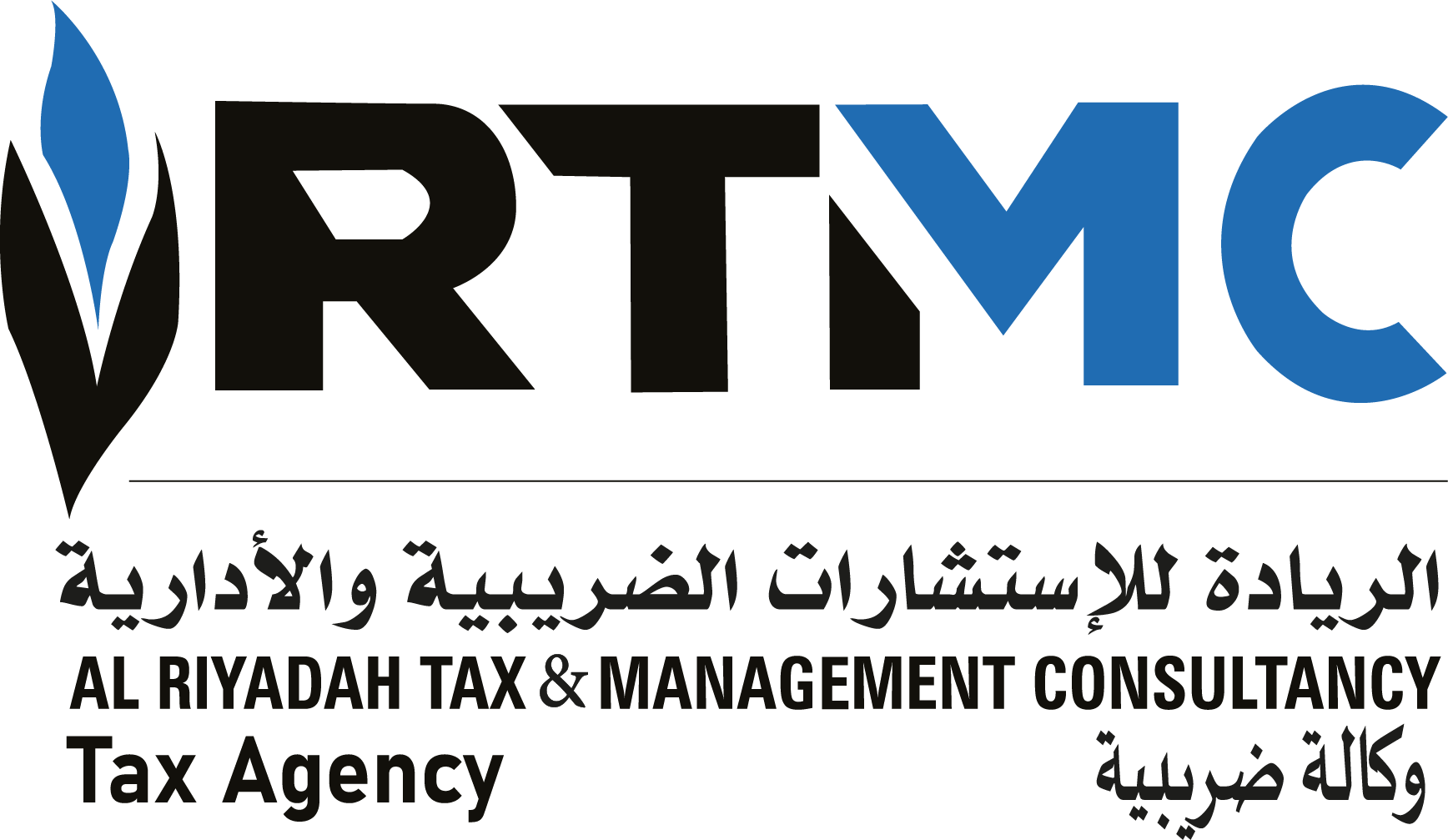

Introduction to Tax Planning
Tax planning is a vital strategic process aimed at reducing the financial burden of taxes for individuals and companies. This process requires careful study of various tax laws and financial practices, aiming to maximize the benefits legally available. When it comes to taxes, companies often allocate resources to develop successful tax planning strategies.
One of the main aspects to understand in tax planning is how to effectively use tax returns and deductions granted by the government. Adapting to ongoing changes in tax laws can significantly contribute to reducing tax costs. This is achieved through a thorough analysis of current tax obligations and future financial plans, which is essential to ensure that companies and individuals move toward achieving their financial goals.
Moreover, tax planning is considered a tool that helps improve a company’s competitive position. By reducing tax costs, companies can reallocate those savings to invest in growth and expansion or to support new projects. If tax planning is used properly, it becomes a means to address financial challenges and increase profitability. Thus, tax planning is not only important but necessary for all economic entities that wish to make the most of their tax obligations and ensure sustainable growth.
Types of Tax Planning
Tax planning is essential for companies and involves a range of strategies aimed at reducing tax burdens legally. There are two main types of tax planning: proactive and retroactive, both of which can play a crucial role in managing corporate taxes.
Proactive planning involves anticipating future situations and their impact on tax obligations. Companies use it to make suitable decisions before events occur. For example, proactive planning strategies may include choosing the appropriate company structure, determining the right time for investments, and utilizing available tax incentives. It is crucial for organizations to understand both current and future tax laws to determine how to act in the future, which helps protect their financial interests and reduce potential tax expenses.
On the other hand, retroactive planning focuses on studying past activities and decisions to analyze their impact on corporate tax. This includes reviewing how previous plans were implemented and evaluating the financial impact of the choices made. This type of planning can be useful in adjusting current practices and ensuring that no more tax is paid than is required. Generally, effective tax planning requires a deep understanding of the relevant tax systems and appropriate strategies, whether proactive or retroactive, to enhance financial efficiency and achieve desired goals.
Legal Impacts on Tax Planning
Tax planning is a vital process for both companies and individuals, aiming to reduce tax costs and increase financial efficiency. However, tax laws and political legislation are important factors that greatly influence how this planning is implemented. Increased complexity in tax laws can lead to new challenges for individuals and institutions alike, necessitating awareness of new legal requirements for corporate taxes.
Tax laws encompass a set of rules and procedures that all taxpayers must comply with. It is essential for companies to be aware of changes in these laws, as they can affect the tax planning strategies they rely on. For example, these laws may include changes in tax rates or tax exemptions offered, affecting decisions related to investment and financing.
Furthermore, international laws significantly impact tax planning practices. Companies operating in multiple countries must consider tax treaties between these nations, as such treaties can help reduce applicable tax rates. On the other hand, compliance with both local and international tax laws enhances a company’s public image and reduces legal risks.
Thus, companies are advised to adopt flexible strategies that can adapt to legal changes without losing opportunities for effective tax planning. By keeping up to date with current tax laws and legislation, institutions can ensure compliance and achieve significant tax benefits.
Tax Burden Reduction Strategies
Tax planning is an essential element in managing financial costs, both for individuals and companies. By using specific strategies, entities can reduce the tax burden they bear, improving financial performance. One effective way to achieve this is by taking advantage of deductions and tax exemptions available under tax laws. These deductions may include incentives for small businesses or deductions on expenses related to business activities, and it is important for companies to be fully aware of all options available to them.
Periodic reviews of the financial situation and tax planning are an integral part of the process. Conducting a final assessment of all incoming and outgoing expenses can help identify opportunities for deductions, which contributes to reducing the percentage of tax owed by companies. Additionally, individuals and companies should consider the timing of income and expenses, as it can significantly impact tax planning. Delaying some income to future years, for instance, can reduce the annual tax burden.
Furthermore, owners of multiple investments or commercial assets require targeted strategies to reduce taxes through restructuring assets or taking advantage of differences in tax laws between regions or categories. Investing time in understanding how corporate tax works can open new avenues for enhancing financial returns and reduce risks. In this way, individuals and companies will not only achieve tax reductions but also improvements in long-term financial planning.
Personal Financial Situation Analysis
Effective tax planning requires a comprehensive analysis of personal financial situations or company finances. This step is crucial to understanding how the financial situation impacts available tax planning options. It is essential to consider all aspects of income, deductions, and potential expenses, as these aspects directly affect the tax owed.
When analyzing the financial situation, several elements should be considered. First, it is necessary to review the different sources of income, including income from work, investments, and company shares. Also, identifying personal or corporate expenses is an important factor, as these expenses offer opportunities for tax deductions that may help reduce the final tax cost.
Assets and liabilities must also be taken into account. Understanding the structure of assets, such as properties, bank accounts, and equipment, can significantly impact tax planning. Similarly, debt obligations are an important part of the analysis, as they can affect how income and spending are managed. Besides, tax planning techniques should be used to determine the best ways to manage income and deductions, making the tax-saving process easier.
Moreover, individuals and companies should consider their options regarding tax planning, such as benefiting from various exemptions and tax deductions available according to the laws. Making the right decision based on comprehensive financial analysis is crucial to reducing tax costs. Good tax planning helps achieve a balance between financial obligations and improving overall returns.
Tailoring Strategies to Client Needs
In today’s complex business world, tax planning is an essential tool for companies to ensure maximum efficiency in managing tax costs. Successful tax planning requires providing tailored solutions based on each client’s needs, as financial conditions and legal requirements vary from one company to another. Essential considerations include the industry in which the company operates, as well as the unique financial factors of each client.
Tailoring tax planning strategies leads to optimal results in reducing profit tax and corporate tax. For example, companies in sectors with more complex tax regulations may require advanced strategies that address the unique challenges they face. When tax strategies are designed to fit the specific circumstances of each client, they can take advantage of tax benefits available through options such as tax exemptions or reductions based on economic behaviors.
Moreover, effective tax planning requires periodic review, as laws and policies are constantly changing, meaning the solutions provided must be flexible and adaptable. An in-depth understanding of the needs of company clients and the sectors in which they operate helps design tailored tax strategies that meet those needs precisely. Ultimately, customized tax planning contributes to enhancing the company’s competitiveness and helps it achieve its financial goals more efficiently.
Long-term Tax Planning
Long-term tax planning is a vital strategic tool that can achieve significant advantages for both individuals and companies. This type of planning aims to improve tax costs and provide sustainable financial solutions that enhance the financial health of different entities. Understanding the dynamic nature of taxes and their impact on profits allows organizations to take proactive steps in managing corporate taxes.
Effective tax planning requires a clear vision of future financial goals, whether those goals relate to business expansion, cost-saving, or even achieving desired financial sustainability. Companies should start by evaluating their current tax situation, which includes reviewing local and international tax laws and considering the benefits and costs associated with each tax strategy. This understanding helps in devising innovative ways to reduce tax dues.
When considering long-term tax planning, company managers should think about ways to reduce tax burdens through strategies such as investing in research and development, which may lead to reducing the tax resulting from profits. In addition, some tax incentives provide effective options, giving companies a better opportunity to enhance their investments without incurring substantial secondary tax burdens.
Furthermore, it is essential for companies to stay up to date with changes in tax laws, as even minor changes in laws can have a significant impact on overall tax costs. These periodic analyses and updates ensure accurate and effective tax planning that contributes to improving overall financial performance.
Collaboration with Tax Advisors
Collaborating with tax advisors is a vital step for any company looking to enhance its tax planning strategies. These professionals have extensive experience in tax law, both locally and internationally, which enables them to provide strategic insights based on comprehensive analysis of the company’s financial and tax data. Through such collaboration, institutions can enhance their understanding of tax obligations and the opportunities available for reducing tax costs.
Tax advisors can provide tailored strategies that suit the nature of the company’s business. Whether through tax advice to improve tax efficiency or by taking advantage of available tax incentives, they help facilitate tax planning in a way that aligns with business objectives. For example, these experts can evaluate the current financial situation, enabling useful recommendations related to tax structure and legal reductions.
Additionally, tax advisors can provide support during government tax audits, minimizing the company’s exposure to unnecessary penalties or fines. Therefore, investing in tax consultancy is essential for companies, regardless of their size. These professionals also provide companies with the latest information on tax changes, enhancing their ability to adapt to legal requirements more effectively.
In conclusion, collaborating with tax advisors is an effective way to improve tax planning and reduce tax costs, as they offer specialized knowledge and innovations necessary to maximize the benefits of available resources.
Conclusion and Final Recommendations
Tax planning is a fundamental element that enables companies to effectively reduce tax costs. Successful implementation of tax planning strategies requires a deep understanding of and compliance with tax systems. In this article, we have reviewed several strategies that can help companies manage their tax obligations and reduce their impact on profits. Among these strategies, the timing of invoices, providing tax rebates, and planning for capital gains can play a crucial role in improving a company’s financial position.
It is important for companies to develop a comprehensive tax planning plan that includes defining financial objectives and accurately understanding local and international tax regulations. Companies are advised to hire experienced tax consultants to provide the necessary advice and analyze estimate options, contributing to fulfilling tax obligations without exceeding imposed commitments.
When implementing tax planning, companies must take into account potential changes in legislation and tax regulations, which may affect their strategies. Institutions should remain updated with any changes and regularly reassess their tax strategies to ensure they remain appropriate and effective.
Ultimately, tax planning is not just a means to reduce taxes paid but is a continuous process that requires monitoring and updating to align with all changes. Applying tax planning strategies effectively can help companies achieve further growth and long-term financial sustainability.
